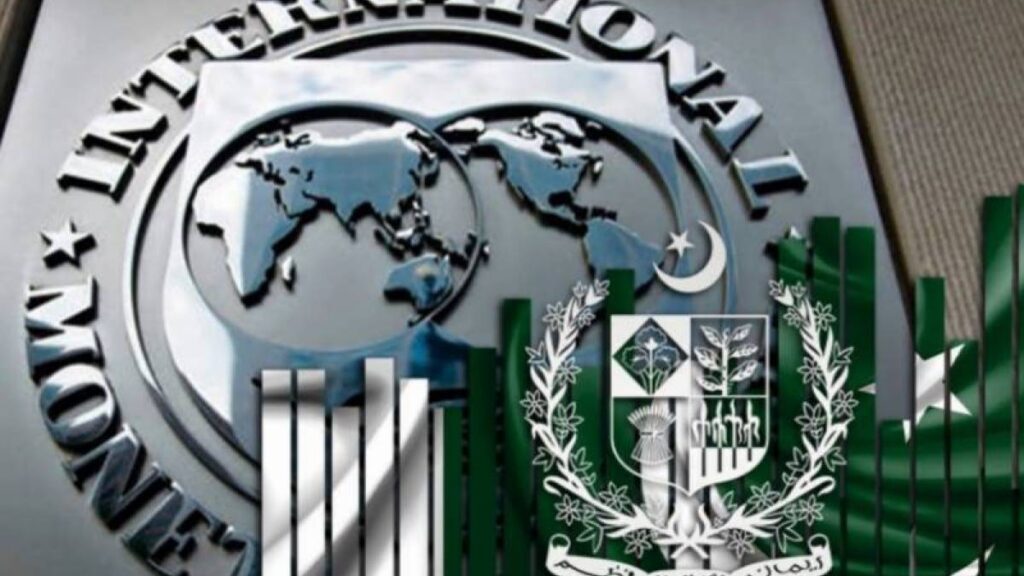Request for Debt Re-Profiling
Pakistan is negotiating with China, Saudi Arabia, and the UAE to re-profile over $27 billion in debt and liabilities. This move is crucial for securing a 37-month bailout package from the International Monetary Fund (IMF) and addressing energy sector foreign exchange outflows and consumer tariffs.
Debt Extension Proposal
Finance Minister Muhammad Aurangzeb announced that Pakistan has requested these nations to extend the maturity of its $12 billion annual debt portfolio by three to five years. This extension is essential to gain IMF approval for a $7 billion economic bailout expected next month. Pakistan has also asked China to switch from imported to local coal for energy projects and to re-profile $15 billion in energy sector liabilities to create more fiscal space.
Financial Arrangements
Pakistan’s financial dealings with China, Saudi Arabia, and the UAE include commercial loans and SAFE deposits that are rolled over annually. The country is now seeking to extend these loans—$5 billion from China, $4 billion from Saudi Arabia, and $3 billion from the UAE—for at least three years. This extension aims to provide more stability under the IMF program.
Ongoing Negotiations
Aurangzeb, fresh from talks in China, said the Chinese government has recognized Pakistan’s foreign exchange challenges and is willing to help with new business ventures and debt re-profiling. The process has begun and will involve working groups with relevant financial institutions and sponsors of Chinese projects.
No Incremental Financing
The IMF has assessed Pakistan’s financing needs for the next three years, including the proposed $7 billion Extended Fund Facility. Aurangzeb emphasized that Pakistan is not seeking additional funds from friendly nations but only an extension of existing debt maturities.
Energy Sector and CPEC Discussions
Prime Minister Shehbaz Sharif initially raised the issue of energy sector debt with Chinese President Xi Jinping, followed by formal requests to Premier Li Keqiang. Finance Minister Aurangzeb and Power Minister Awais Leghari have since met with Chinese officials to discuss converting Chinese power projects to local coal and re-profiling debts.
Strategic Cooperation
Pakistan is also working with both the US and China to advance phase two of the China-Pakistan Economic Corridor (CPEC) and exploring investment opportunities in the Chinese capital market through Panda bonds. Aurangzeb noted that while Pakistan is looking to issue around $150-200 million in Panda bonds, it is not seeking “haircuts” or reductions in debt amounts.
Structural Solutions and Public Sector Restructuring
Aurangzeb acknowledged the economic hardships faced by citizens due to high interest rates, energy prices, and currency devaluation. He stressed the need for long-term structural solutions and is advocating for a “bite-size” restructuring of public sector ministries. The initial focus will be on five ministries while safeguarding workers’ rights and asset values.
Future Outlook
Aurangzeb expressed hope that improved foreign exchange stability and macroeconomic indicators will soon enhance Pakistan’s credit rating and foster export-led growth.






